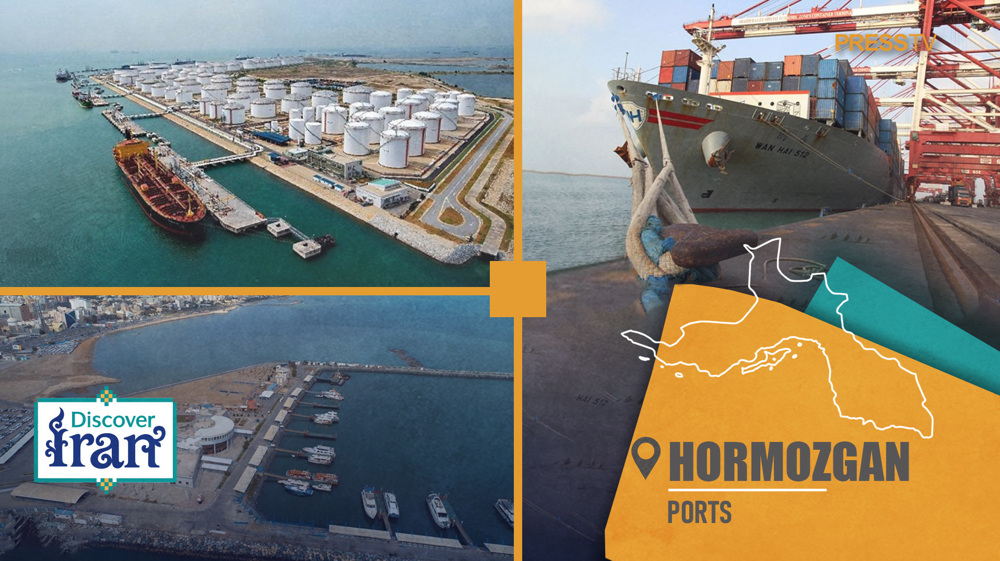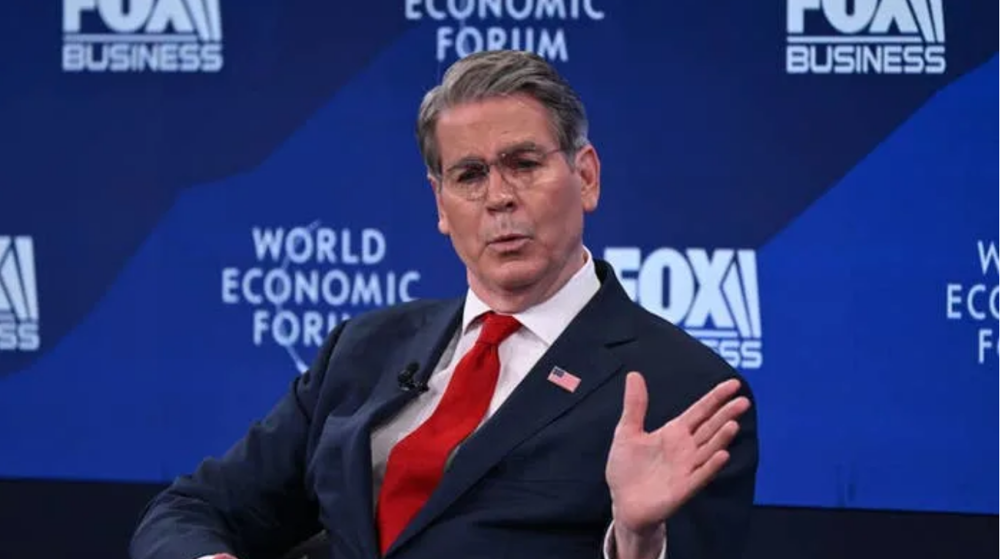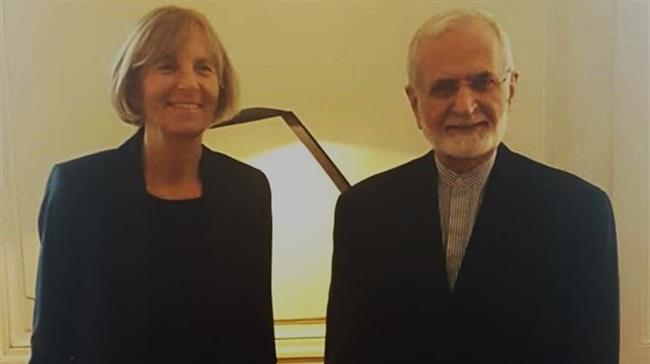EU under huge US pressure over Iran trade: France
French Finance Minister Bruno Le Maire says France, Germany and Britain are coming under immense pressure from the US to cancel out their proposed trade channel with Iran, which has yet to see the light of day.
The three countries have been tinkering with a much-hyped special trade vehicle known as INSTEX that purports to circumvent US sanctions and keep some semblance of business channels open to Iran.
Initiated with much fanfare, the special purpose vehicle has been relegated by the Europeans to handle food and medical trade which is theoretically not subject to US sanctions.
The three countries, however, have been struggling to operationalize it, raising serious doubts about their determination to compensate for last year’s unilateral US pullout from an international 2015 nuclear deal Iran.
Earlier this month, Iran stopped some commitments under the deal and notified the remaining signatories of the accord that unless they protect its economy from US sanctions within 60 days, Tehran will start enriching uranium at higher levels.
Speaking to reporters in Paris Tuesday, Le Maire claimed that Iran’s pledge to withdraw from the agreement was making talks on creating the trade channel difficult.
“Iran is constantly threatening to break the agreement and that doesn’t facilitate the possibility of trade,” he said.

Le Maire also said the three European powers were facing huge pressure from the United States to drop the trade channel.
“Yes, there is American pressure. It’s strong, very strong and very direct on this subject,” Le Maire said. “There is pressure on political officials, the administration and all those who are implicated on this subject.”
The Europeans want Iran to stick to all provisions of the nuclear deal, known as the JCPOA, even after the Trump administration started this month implementing its pledge to zero out Iranian oil exports by halting waivers to world importers.
Nathalie Tocci, the special adviser to EU foreign policy chief Federica Mogherini, acknowledged last week that US pressure was making Iran's compliance with the nuclear deal impossible.
“What is very clear is the fact that, in fact, some of the non-renewal of the sanctions waivers of the United States actually make it impossible for Iran to comply with the JCPOA," she told Canada’s CBC News.
Leader of the Islamic Revolution Ayatollah Seyyed Ali Khamenei has warned Iranian officials not to be deceived by the European countries that say they want to salvage the nuclear deal.
On Tuesday, chairman of the Iranian parliament's National Security and Foreign Policy Committee Heshmatollah Falahatpisheh said INSTEX is unlikely to become operational anytime soon.
Falahatpisheh said the Europeans have done nothing to protect the nuclear deal with Iran even as Iran has launched INSTEX's counterpart in Tehran.
They are apparently dragging their feet in deference to Washington which is behind a push to have Iran join the Financial Action Task Force (FATF).
The FATF is theoretically an intergovernmental organization to develop policies to combat money laundering, but critics see it as another tool to pressurize countries deemed unsavory by the American government.
Last week, US Special Representative for Iran Brian Hook claimed that Iran lacked a transparent financial discipline required for making INSTEX operational.
"So, I am not truly sure INSTEX will be practical," he was quoted as saying.
Iran's Armed Forces warn EU of ‘consequences’ of IRGC designation
Iran FM: EU’s blacklisting of IRGC a ‘major strategic mistake’
EU blacklists IRGC in legally flawed move irrespective of consequences
VIDEO | Press TV's news headlines
VIDEO | Afghanistan opens first specialized cancer hospital
Trump officials held secret talks with Canadian separatist group: Report
VIDEO | Pakistan’s legal community condemns UNHRC anti-Iran resolution
Resistance groups announce volunteer recruitment to defend Iran
















 This makes it easy to access the Press TV website
This makes it easy to access the Press TV website